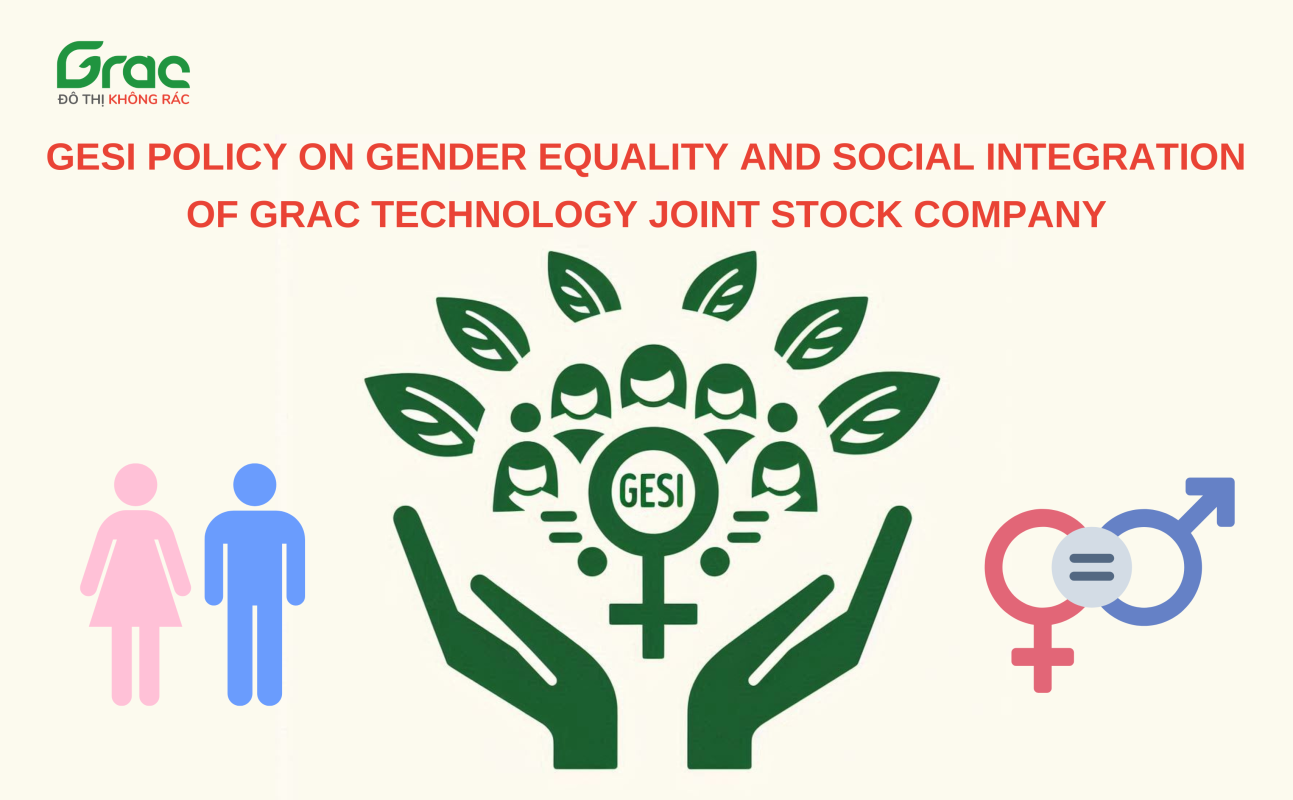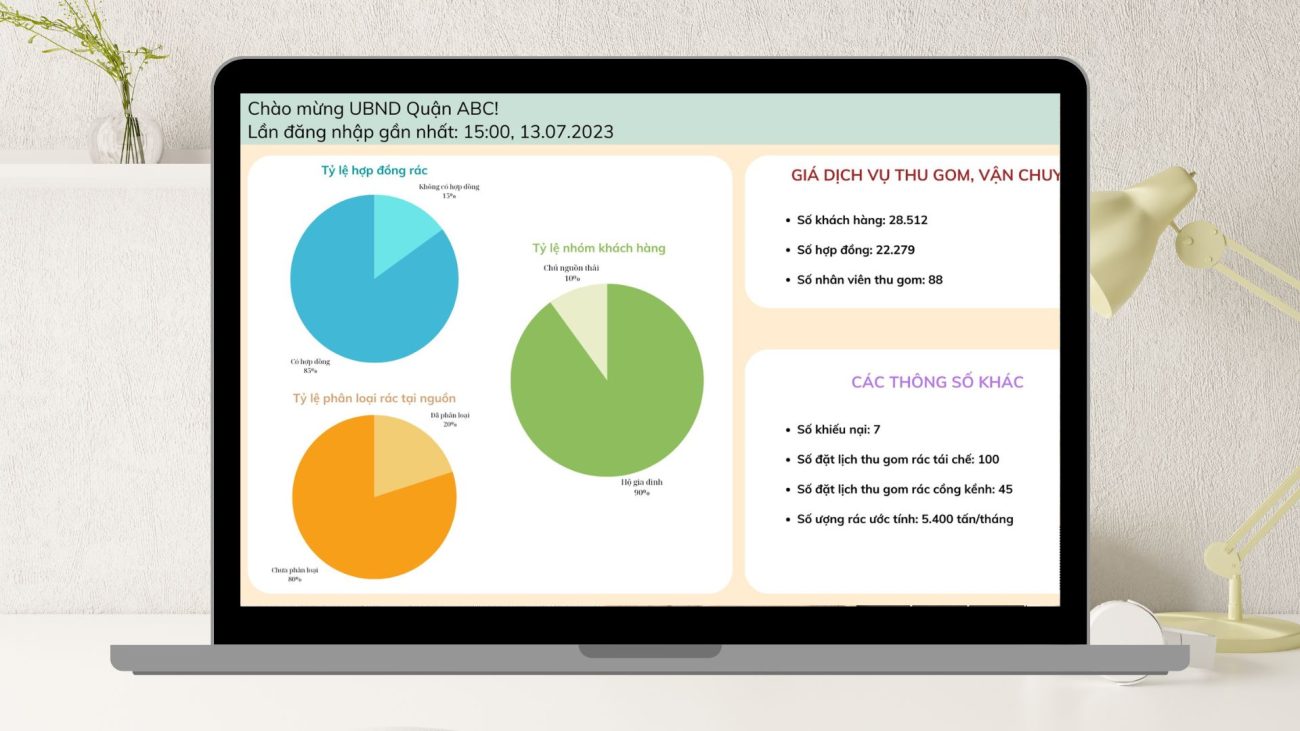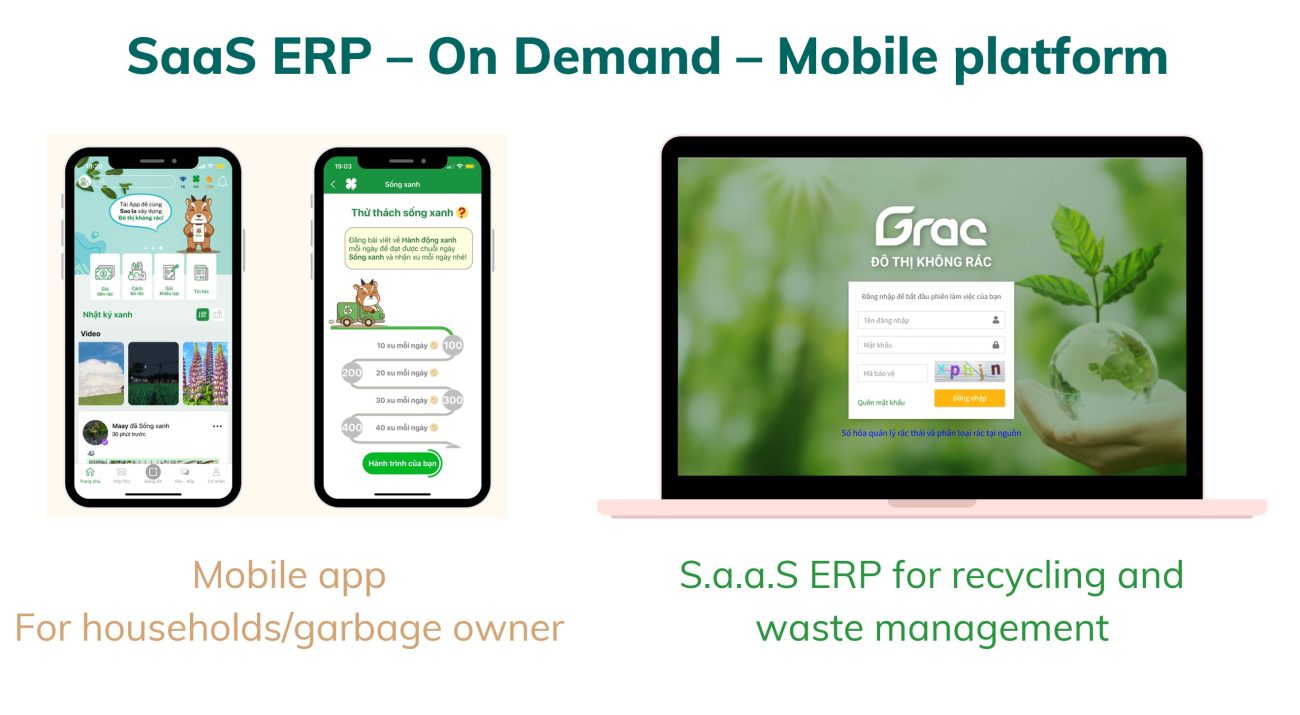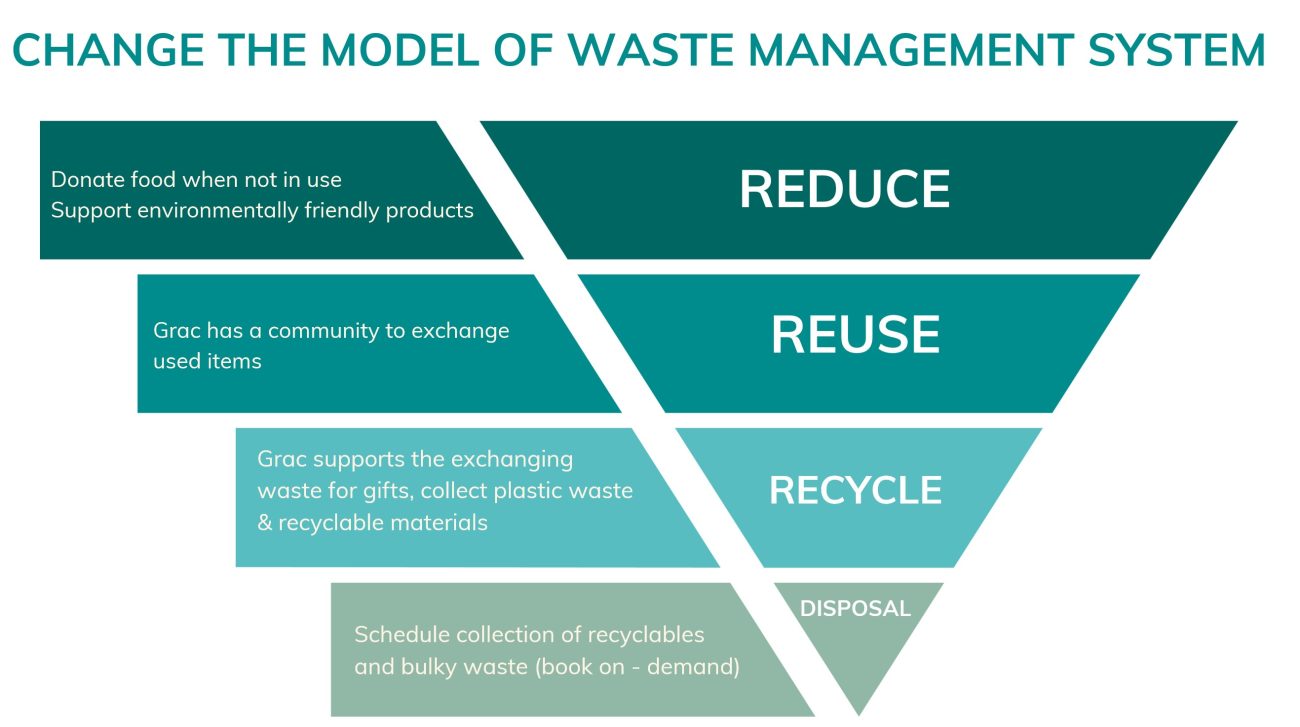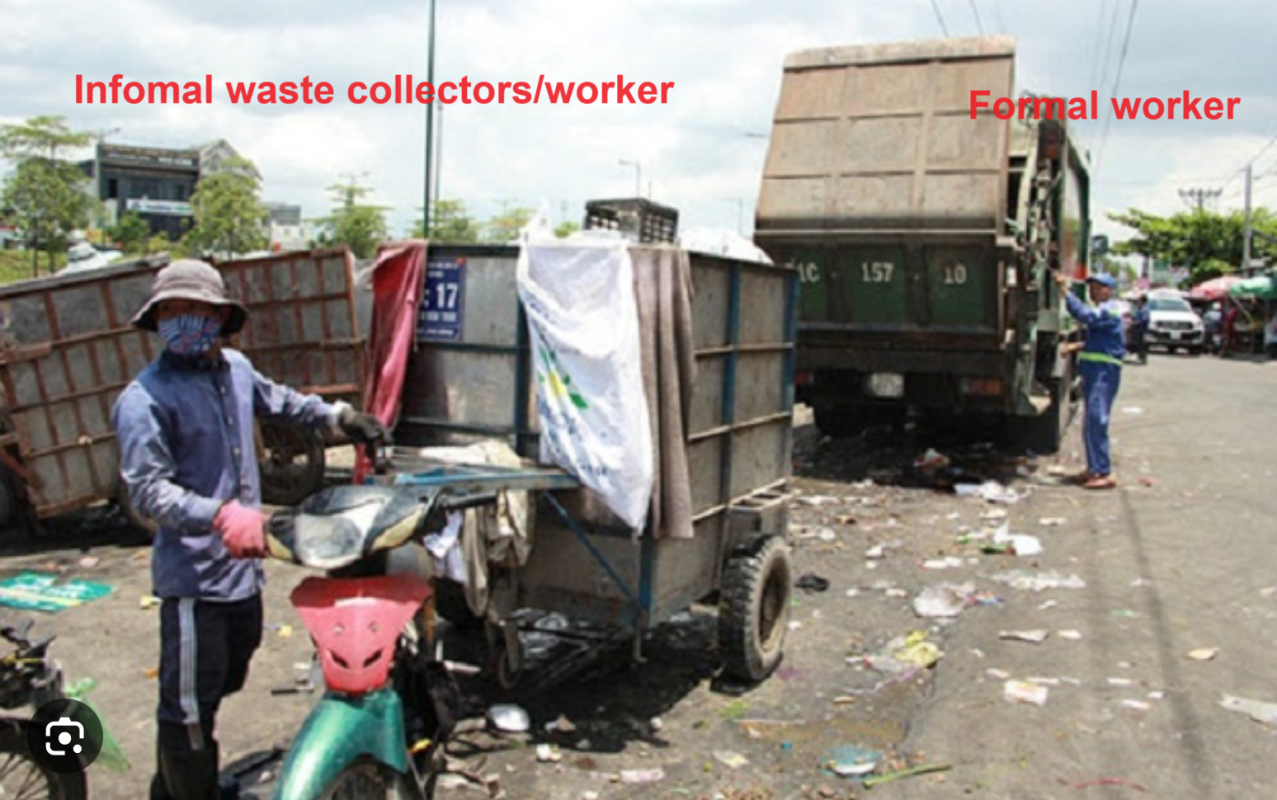Digital transformation in waste management brings several benefits

Digital transformation in waste management brings several benefits:
- Improved Data Collection and Analysis: Digital technologies enable waste management companies to gather and analyze data on waste composition and generation patterns. This data can be used to improve collection efficiency, reduce costs, and minimize environmental impact.
- Streamlined Waste Tracking and Monitoring: Digital technologies have made it easier than ever to track and monitor waste throughout its lifecycle. This can enhance compliance, reduce administrative work, and increase transparency.
- Enhanced Collaboration and Communication: Digital transformation can improve collaboration and communication among different stakeholders in the waste management process.
- Efficient Resource Management: Digital technologies can help recover more of the valuable materials present in waste streams, reducing the amounts of raw materials mined or imported and avoiding the associated environmental and climate impacts.
- Improved Customer Satisfaction: Digital transformation can enhance customer satisfaction by providing real-time updates and facilitating better purchasing and sorting decisions.
- Support for Circular Economy Goals: Greater digitalization can help achieve circular economy goals across the waste management cycle, from the material sourcing, production, and use phases through to the reuse of resources.
- Innovation and New Business Models: Advanced digitalization in waste management is currently mostly in the innovation phase. New business models, such as waste e-trading platforms, and waste-specific software and business analytics are emerging.
the digital transformation of the waste management sector should be aligned with plans to make greater use of digital technologies in the development of a circular economy.

